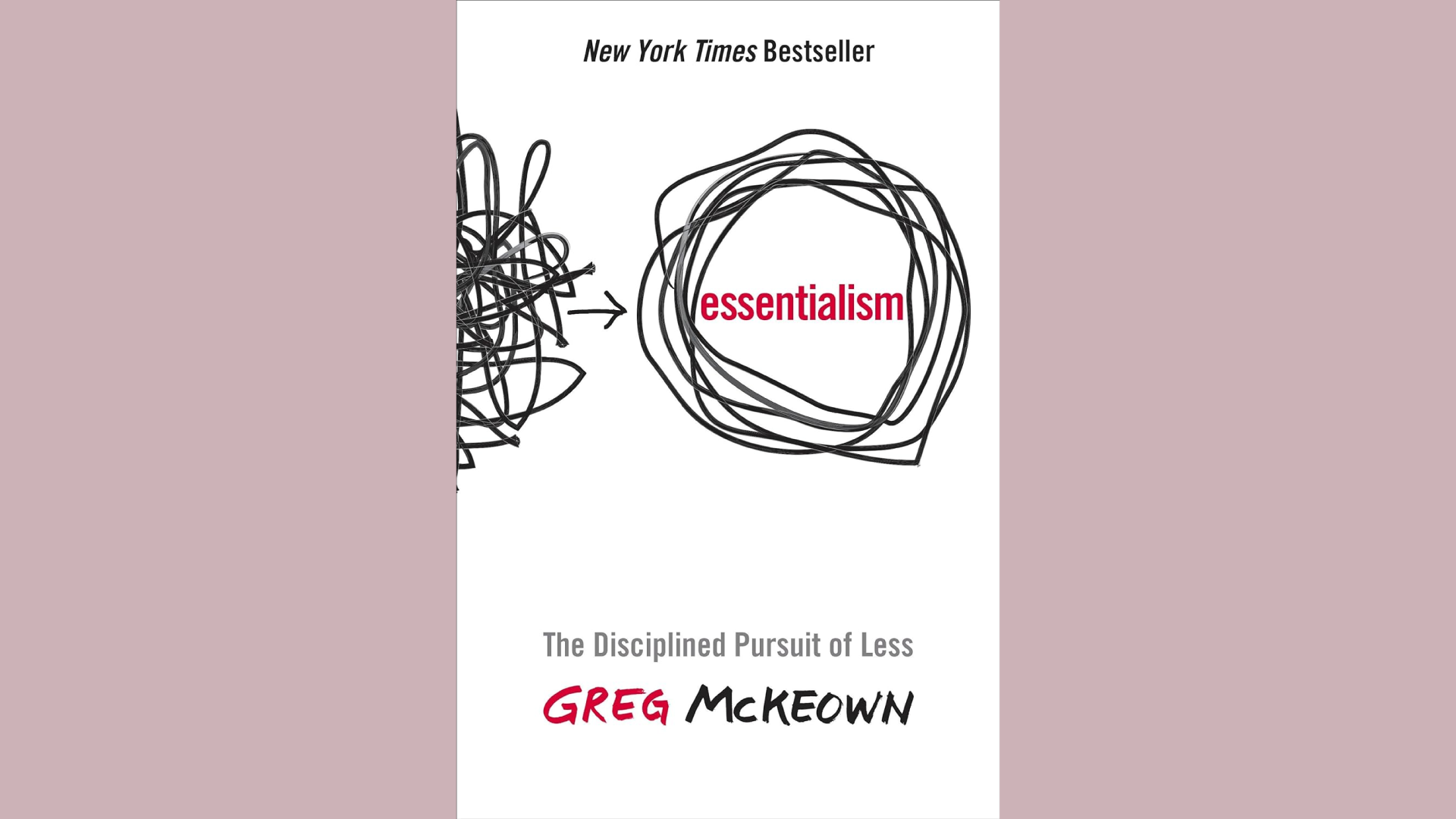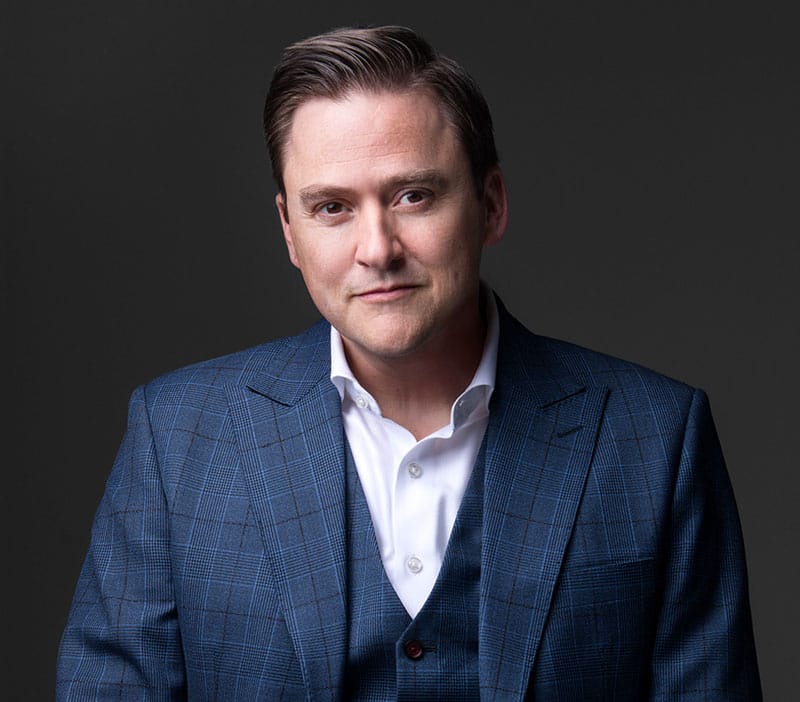Summary: Essentialism by Greg McKeown

Finding clarity and focus can be daunting in a world of choices and distractions. Yet essentialism is a beacon of simplicity and purpose amidst the noise. Drawing inspiration from Greg McKeown’s seminal work, “Essentialism: The Disciplined Pursuit of Less,” let’s delve into the fundamental principles of essentialism and explore how they can transform our lives.
1. Understanding Essentialism
Essentialism is not merely about doing less; it’s about doing more of what truly matters. Greg McKeown emphasizes distinguishing between our lives' essential and non-essential aspects. By focusing on what truly adds value and eliminating the rest, we can free ourselves from the burden of excess and find greater fulfillment.
“Essentialism is not about how to get more things done; it’s about how to get the right things done.” - Greg McKeown, “Essentialism: The Disciplined Pursuit of Less”
Example: Imagine a professional overwhelmed by a multitude of tasks at work. By applying essentialism, they identify the critical projects that align with their long-term goals and invest their time and energy accordingly, leading to greater productivity and satisfaction.
2. The Power of Choice
At the core of essentialism lies the power of choice. Despite external pressures and obligations, we have the agency to decide where to invest our time and energy. By making deliberate choices aligned with our values and priorities, we can create a life that reflects our deepest aspirations.
“We can choose how to spend our energy and time.” - Greg McKeown, “Essentialism: The Disciplined Pursuit of Less”
Example: Consider a student facing extracurricular activities, part-time jobs, and social engagements. They can achieve tremendous success and fulfillment by prioritizing their academic goals and carefully selecting activities contributing to their personal and professional growth.
3. Saying No with Grace
Saying no is a skill essentialists master. While it may seem counterintuitive in a culture that celebrates busyness, learning to decline non-essential commitments is crucial. Saying no gracefully allows us to honor our priorities and protect our time for what truly matters.
“The wisdom of life consists in the elimination of non-essentials.” - Greg McKeown, “Essentialism: The Disciplined Pursuit of Less”
Example: A professional faced with numerous requests for their time learns to gracefully decline meetings and projects that do not align with their core responsibilities. This enables them to focus on high-impact tasks and maintain a healthy work-life balance.
4. Embracing Trade-offs
Every decision we make involves trade-offs. Essentialism encourages us to embrace this reality and make choices accordingly. By acknowledging the sacrifices inherent in our decisions, we can allocate our resources more effectively and pursue our goals with clarity and purpose.
“Trade-offs are not something to be ignored or decried. They are something to be embraced and made deliberately, strategically, and thoughtfully.” - Greg McKeown, “Essentialism: The Disciplined Pursuit of Less”
Example: Imagine an entrepreneur deciding between expanding their product line and improving customer service. By recognizing the trade-offs involved—such as allocating resources to one initiative over the other—they can make a strategic decision that aligns with their long-term vision for their business.
5. Navigating the Paradox of Success
Success often brings many opportunities but can also be overwhelming and distracting. Essentialism urges us to stay true to our core priorities, even in the face of success. By focusing on what truly matters, we can avoid spreading ourselves too thin and achieve sustainable success.
“Success can become a catalyst for failure. It can lead to the ‘undisciplined pursuit of more.’” - Greg McKeown, “Essentialism: The Disciplined Pursuit of Less”
Example: Consider a bestselling author who receives offers for speaking engagements, book tours, and collaborations. By staying true to their writing goals and selectively accepting opportunities that align with their creative vision, they can sustain their success without succumbing to burnout.
6. Clarifying Essential Intent
Essentialism invites us to clarify our essential intent—the overarching purpose that guides our actions. Defining our essential intent allows us to filter out distractions and make decisions aligned with our long-term goals. This clarity enables us to channel our efforts into activities that resonate deeply with our values and aspirations.
“The word priority came into the English language in the 1400s. It was singular… Only in the 1900s did we pluralize the term and start talking about priorities.” - Greg McKeown, “Essentialism: The Disciplined Pursuit of Less”
Example: An environmental activist clarifies their essential intent: to combat climate change through grassroots advocacy. With this clarity, they prioritize initiatives that align with their mission, such as community outreach and policy advocacy, while delegating non-essential tasks to others.
7. Embracing the Joy of Missing Out (JOMO)
In a world consumed by FOMO (fear of missing out), essentialism offers the antidote to JOMO—the joy of missing out. Instead of chasing every opportunity, essentialists find contentment in their choices and fully immerse themselves in the present moment. By embracing JOMO, we can cultivate peace and fulfillment in our lives.
“A decision is a choice to kill off possibilities and commit to one course of action.” - Greg McKeown, “Essentialism: The Disciplined Pursuit of Less”
Example: A family decides to have a technology-free evening each week to reconnect without distractions. They deepen their bonds and create lasting memories by embracing the joy of missing out on digital notifications and social media updates.

About the Author: Greg McKeown
Greg McKeown is a renowned author, speaker, and leadership consultant known for his work on essentialism and personal effectiveness. With a business strategy and leadership development background, McKeown has helped individuals and organizations worldwide achieve greater clarity, focus, and success. His bestselling book Essentialism: The Disciplined Pursuit of Less has inspired millions to simplify their lives and prioritize what truly matters.
McKeown’s insights have been featured in prominent publications such as Harvard Business Review, The New York Times, and Fast Company. Through his writing, speaking engagements, and consulting work, he continues empowering individuals to live more intentionally and lead purposefully.

10 Essentialist Habits
1. Set Clear Priorities: Identify what truly matters and focus your time and energy on those priorities.
2. Learn to Say No: Decline non-essential commitments graciously to protect your time and resources.
3. Embrace Constraints: Recognize the power of limitations and use them to your advantage.
4. Practice Selective Focus: Focus on high-impact activities that align with your goals.
5. Create Buffer Time: Schedule periods for reflection, rest, and rejuvenation to avoid burnout.
6. Eliminate Non-Essentials: Regularly evaluate your commitments and eliminate those that no longer serve you.
7. Clarify Essential Intent: Define your overarching purpose to guide your decisions and actions.
8. Set Boundaries: Establish boundaries to protect your time, energy, and well-being.
9. Seek Minimalism: Simplify your life by reducing clutter and distractions.
10. Cultivate Gratitude: Appreciate the essentials in your life and find joy in the present moment.
